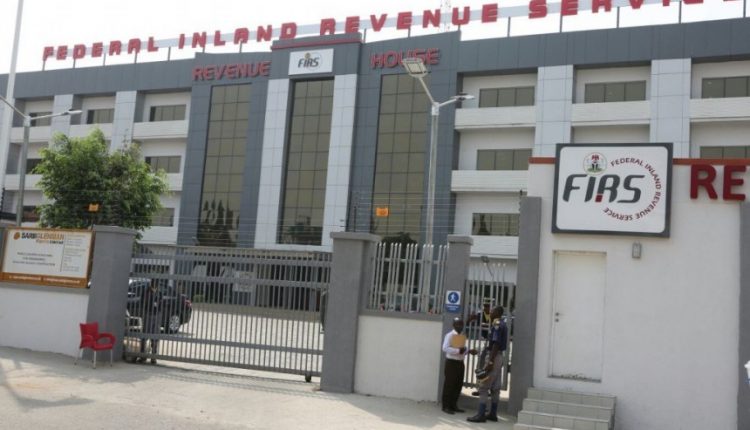…seeks more concessional financing for Nigeria, others
Nigeria is set to address her foreign exchange challenges with a boost in crude oil production. The Minister of Finance and Coordinating Minister of the Economy, Wale Edun said this yesterday during a G-24 Press Briefing at the ongoing World Bank/International Monetary Fund Meetings in Washington D.C.
Acknowledging the challenges Nigeria faces in managing its foreign exchange supply, he said the oil sector was key to resolving the issue.
According to the Organisation of Petroleum Exporting Countries (OPEC), Nigeria’s crude oil production in September 2024 was 1.324 million barrels per day (bpd), which was a 2.22 per cent decrease from August’s 1.35 million bpd.
This was despite Nigeria’s efforts to increase production. As of June 2, 2024, Nigeria’s crude oil production quota is 1.5 million barrels per day (mbpd) until December 2025.
This quota was set by the Organisation of the Petroleum Exporting Countries (OPEC) and its allies (OPEC+). Nigeria’s oil production has been declining for years, and has not met OPEC’s supply quota since 2022.
Edun, who doubles as the Second Vice Chairman of the G24 group, also noted that Nigeria and other developing countries such as the Intergovernmental Group of Twenty-Four (G24) countries, would benefit more if multilateral such as the World Bank Group increase its funding to not just to only meet immediate needs but also pursue long-term developmental needs of their various countries.
He said: “We continue to ask for an improved global financial architecture that provides us with more concessional funding at scale, particularly for those countries that are undertaking the macroeconomic reforms that everybody agrees are sensible and will lead to better lives for their people.”
Debt sustainability and reforms in Nigeria, Edun noted that developing countries must focus on implementing sustainable reforms at the macroeconomic level, while ensuring that the most vulnerable populations are protected from the immediate costs of those reforms.
He said: “On debt sustainability and also reform generally, the G 24, it’s better to talk beyond Nigeria and more about developing countries as a whole.
The requirement for support from the international community, from the development partners, and from the multilateral development banks is that you undertake reforms that lead to sustainability at the macro level.”
He underscored the importance of planning for social safety nets to help the poor and vulnerable to cope with the immediate impact of these reforms, which often lead to a spike in the cost of living.
“The key lesson that I think I will focus on is that in devising these programs and carrying out the reforms, what is particularly important because the benefits are over the longer term and the costs are front-loaded,” he explained.
“It’s important that the social safety net that will help the poor and the vulnerable cope with the upfront costs with a spike in their cost of living is adequately planned for and dealt with.
“It shouldn’t be a question of it’s an afterthought that you now decide that there need to be certain poverty alleviation initiatives and link to that focus on helping the poor and most vulnerable COVID. The cost is communication.
“I think one of the critical things in carrying out these macroeconomic reforms that are so fundamental and they are necessary, otherwise they will not be implemented.
“It is communicating what is being done, what is to be expected and also the timing, as much as possible. The timing of the various activities, and then communicating what has been done.
Please follow and like us:

 2 hours ago
9
2 hours ago
9









 English (US) ·
English (US) ·